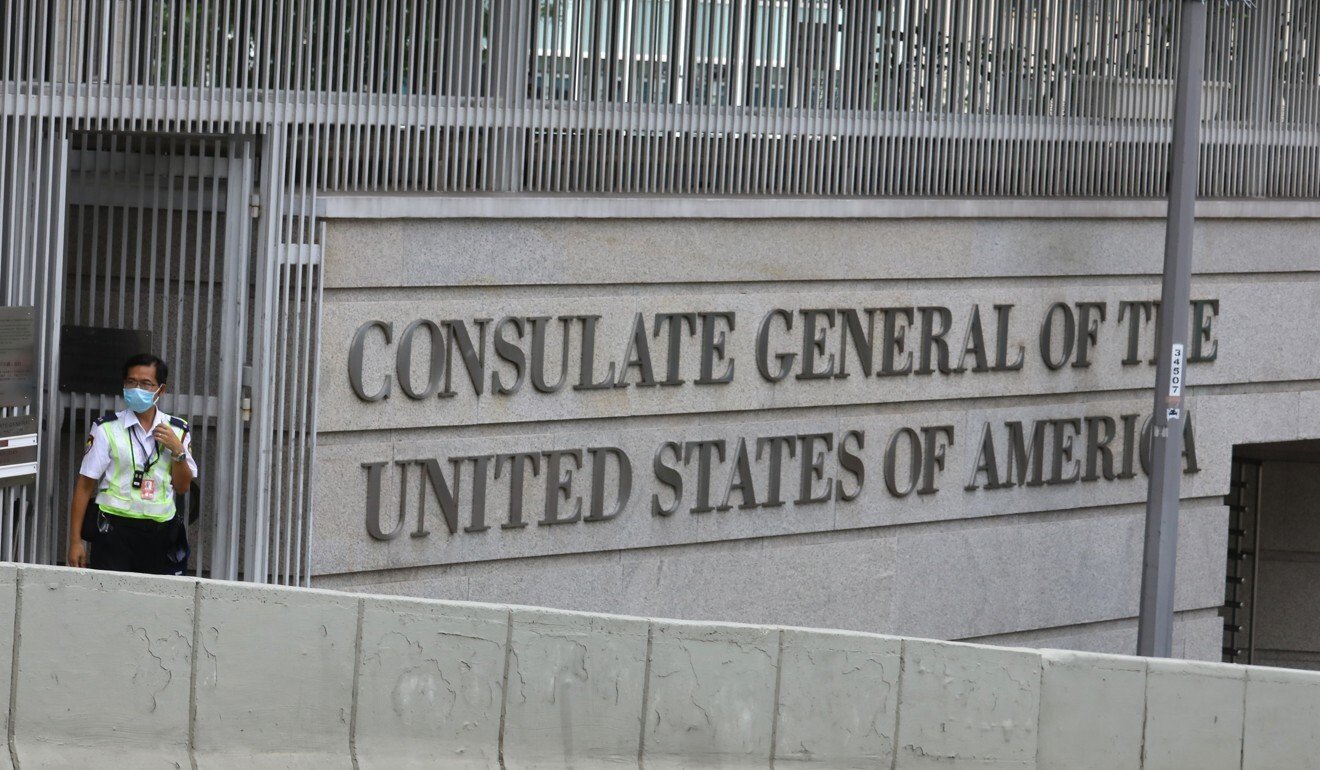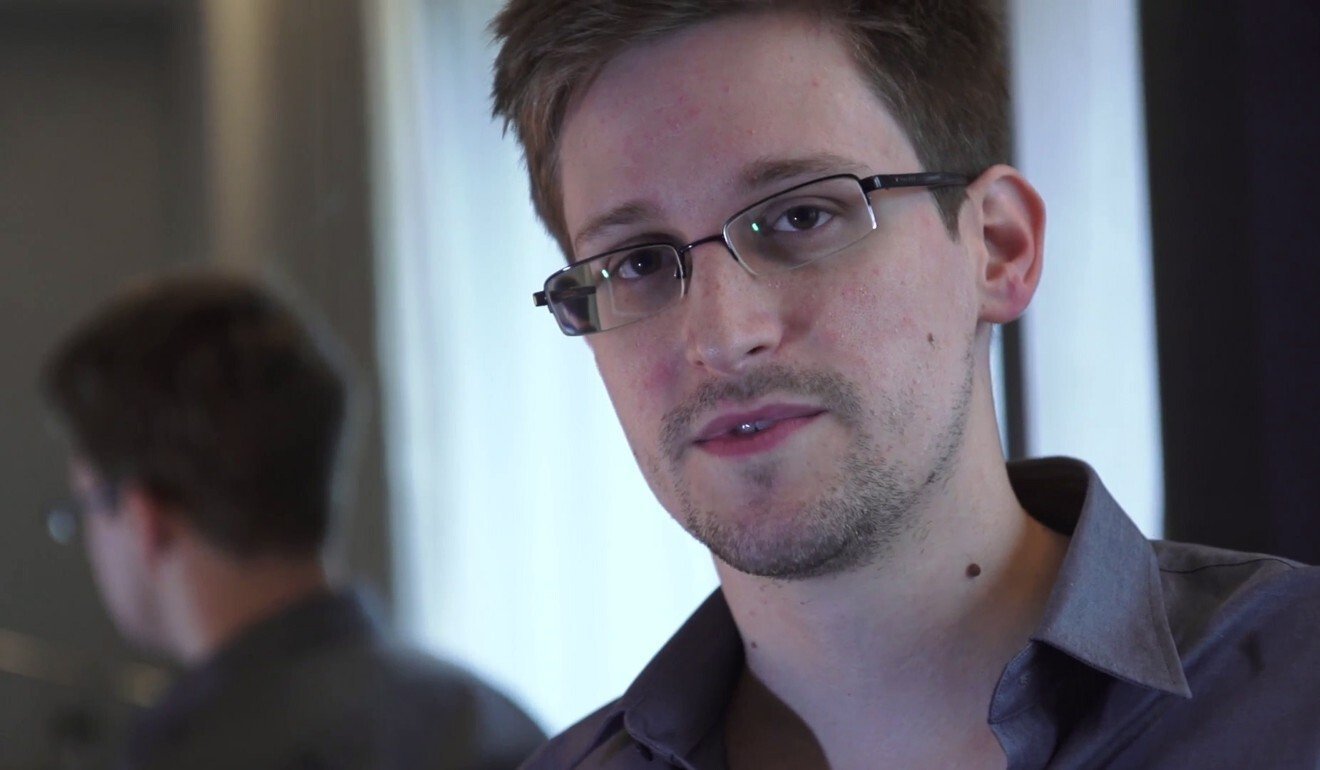Hong Kong News

US asked for 39 people to be extradited from Hong Kong between 2002 and 2019
The United States requested 39 suspects be extradited from Hong Kong between 2002 and 2019, more than twice the number made in the opposite direction, according to US government figures released after Washington suspended its extradition treaty with the city.
The United States Marshals Service (USMS) said 58 extradition requests were made by the two sides in the period. The information was shared with the South China Morning Post in response to a freedom of information request filed in July, when the US moved to suspend its extradition agreement with Hong Kong.
The US decision was made in response to Beijing imposing a national security law in Hong Kong at the end of June, which many saw as an erosion of the city’s freedoms and autonomy. Australia, Britain and Canada also ended their extradition treaties with the city.
The USMS data showed the US had requested Hong Kong extradite individuals – whose names were redacted for privacy concerns – facing money laundering, counterfeit goods, narcotics, fraud and bribery charges, among others.
The subjects were citizens of Taiwan, Hong Kong, Pakistan, mainland China, the United States and the Philippines.
The 19 extradition requests made by Hong Kong were for individuals from mainland China, Hong Kong, the US and Ghana. They were wanted on charges of fraud, theft and bribery.

The figures provided by the USMS might not cover all extradition requests between the two jurisdictions, given the various exemptions under the Freedom of Information Act, which cover information that would be invasive to personal privacy, might endanger the individuals concerned, or involve law enforcement officers or government employees.
According to the US Department of Justice, previous cases include the extradition of Rita Law in December 2013 from Hong Kong to the US over allegations of operating a prostitution ring, and Muhammad Fahd from Hong Kong to the US in August 2019 to face charges of illegally unlocking mobile phones for profit.
Not all extradition requests are accepted. In 2013, the US requested whistle-blower Edward Snowden’s arrest on a provisional warrant in Hong Kong, but he was not stopped by authorities in the city and later fled to Russia.
Hong Kong Chief Executive Carrie Lam Cheng Yuet-ngor also reportedly turned down a US extradition request for a hacker from Macau accused of breaking into US law firms’ computers and making millions of dollars in stock trades after he was arrested in Hong Kong.

After the US suspended its treaty with Hong Kong, the city government claimed the move was a “gross interference” in China’s internal affairs, adding that it “strongly objects to and deplores the US’ action, which is widely seen as a move to create trouble in the China-US relationship, using Hong Kong as a pawn”.
As tensions between China and the US have grown, and after Beijing tightened its grip on Hong Kong following the protests in the city last year, the US imposed sanctions on mainland Chinese and Hong Kong officials for “undermining Hong Kong’s autonomy”.
Hong Kong’s Security Minister John Lee Ka-chiu said in July after Canada suspended its extradition treaty with the city that it would “allow fugitives to go scot-free”.
Legal experts have said it might be theoretically possible for extradition arrangements to take place on a case-by-case basis for serious offences, but the political considerations would make it difficult.











